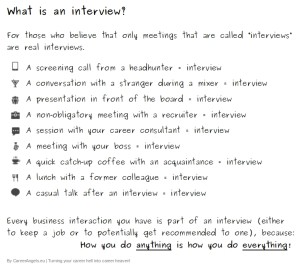Reference checks are often used as a tool supporting the recruitment and candidate verification process, especially when it comes to recruiting managers and top executives.
Form: verbal or written?
My experience from recruitment firms shows that the vast majority of employers expect verbal references. What about recommendation / reference letters? Read more




